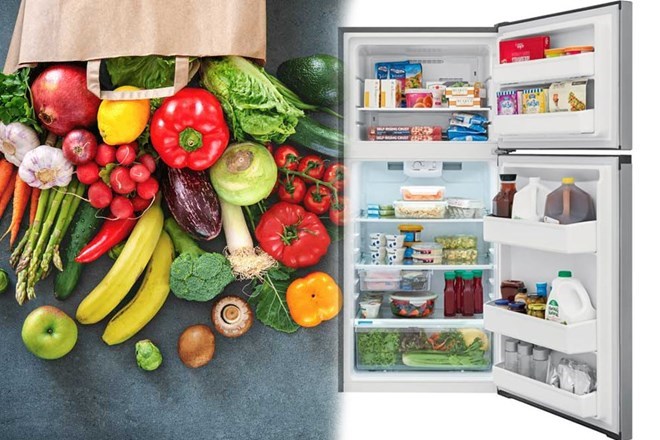
Ms. Rupali Datta - Clinical Dietitian (member of the Indian Nutrition Society and the Indian Society of Parenteral and Enteral Nutrition) has pointed out 9 essential summer tips to ensure food safety including:
1. Control temperature when preserving food
Proper temperature control for storing cooked and uncooked foods is the first step towards food safety. Bacteria grow best at temperatures between 4°C and 140°F. Therefore, it is important to keep cold foods cold and warm foods warm.
Cold food storage
- Refrigerate perishable foods such as meat, poultry, seafood, eggs and dairy products at temperatures below 4 degrees Celsius.
- Use a cooler with ice packs to keep food cold during transport or outdoor storage.
- Store the cooler in a cool place and limit opening the cooler to maintain temperature.
Preserving hot foods
- Keep hot food at a temperature above 60 degrees Celsius until used.
- Use insulated containers to keep food hot during transport.
2. The two-hour rule
Use hot foods immediately and do not leave them for more than two hours. And if the temperature is above 32 degrees Celsius, keep them for one hour.
3. Wash your hands properly
Wash your hands thoroughly with soap and water before and after handling food. If soap and water are not available, use a hand sanitizer that contains at least 60% alcohol. Clean all surfaces, utensils, and cutting boards with hot water.
4. Food classification and preservation
To avoid cross-contamination, keep raw and cooked meat separate. Use different cutting boards and utensils for raw meat, poultry, seafood, and vegetables.
5. Cook at the right temperature
Meat, poultry, and fish cook faster on the outside than the inside, so it takes time for the internal temperature to reach the desired level.
- Poultry should be cooked to 74 degrees Celsius.
- Minced meat should be cooked to 71 degrees Celsius.
- Beef, pork, lamb and veal (steaks, roasts and chops) should be cooked to 63 degrees C with a three-minute rest period.
- Fish should be cooked at 63 degrees Celsius.
6. Refrigerate leftovers at the right time
Refrigerate leftovers within two hours (one hour if the temperature is above 90 degrees Fahrenheit). Store leftovers in shallow containers to cool quickly.
If you are outdoors, traveling or hosting a party, make sure you pack food with ice and keep the cooler in the coolest place possible.
7. Use safe water sources
You should always carry a bottle of water with you when traveling or doing outdoor activities. Because when on vacation, some people still use water from rivers, streams, ponds or lakes.
8. Cool food before storing
Divide food into smaller portions before refrigerating. When reheating stored food, cook to at least 74°C and check that the internal temperature is appropriate.
9. Visual and olfactory inspection
Observe food visually and smell to be able to recognize changes in food. Because, smell is also a very clear sign that food has gone bad or not. You should also avoid tasting food to determine if it has gone bad.
Source: https://laodong.vn/dinh-duong-am-thuc/chuyen-gia-dinh-duong-chi-ra-9-meo-giu-an-toan-thuc-pham-trong-mua-he-1358856.ldo


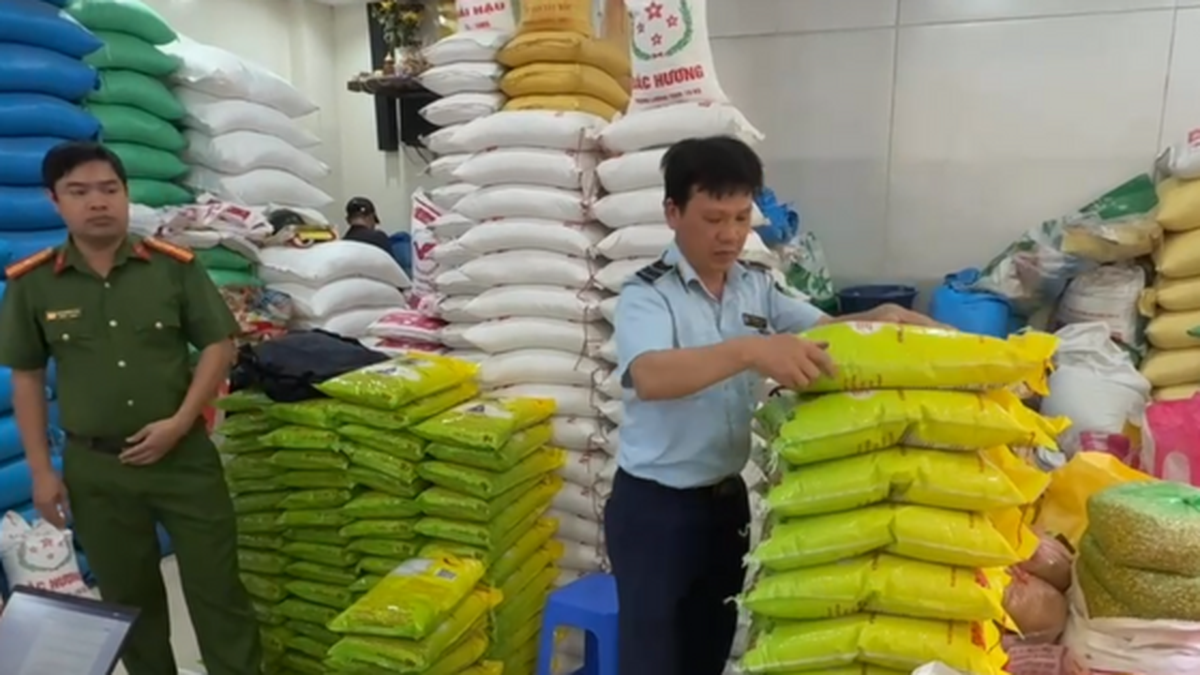


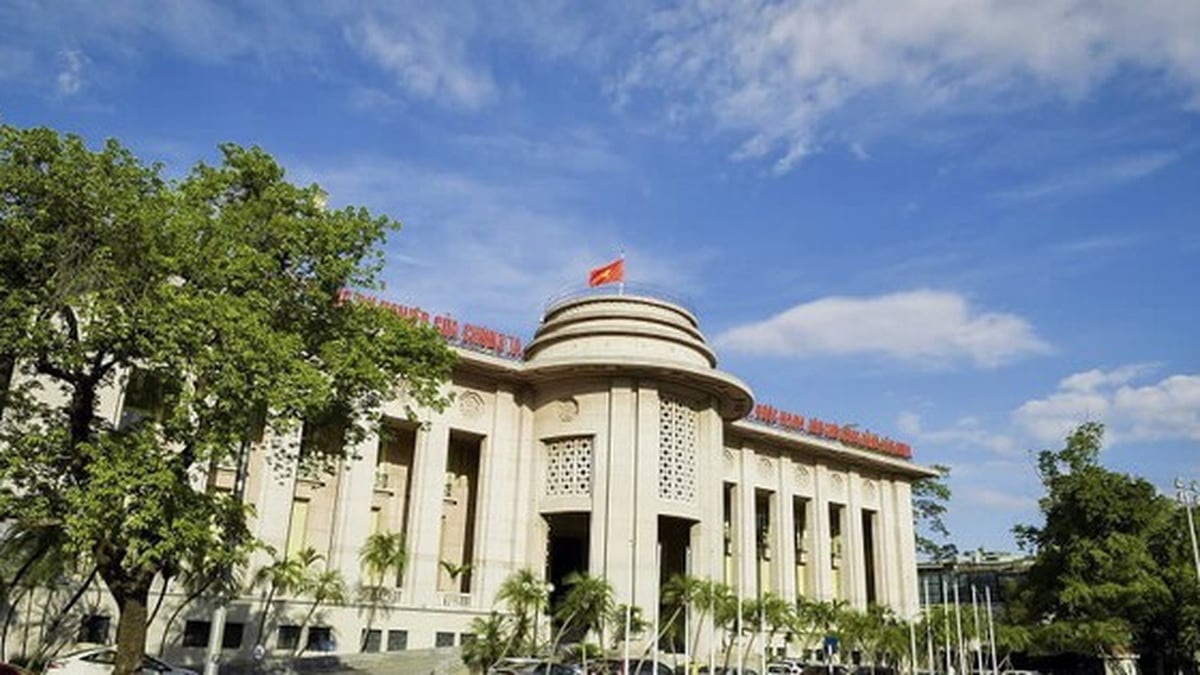
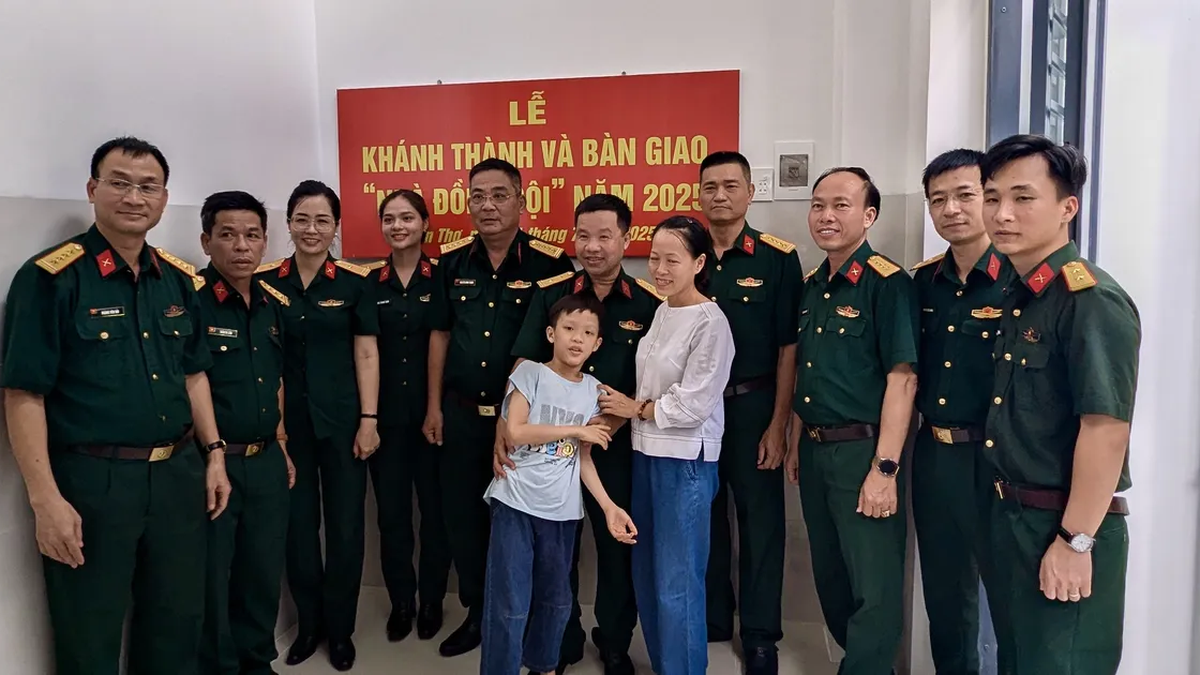











































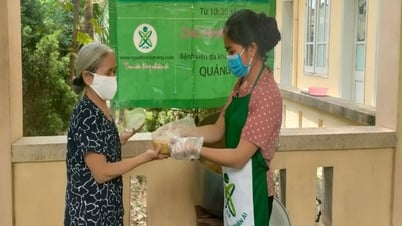
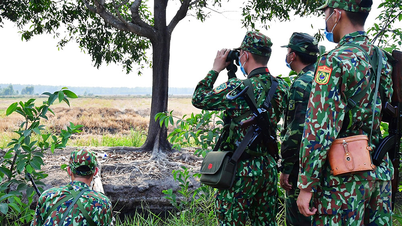

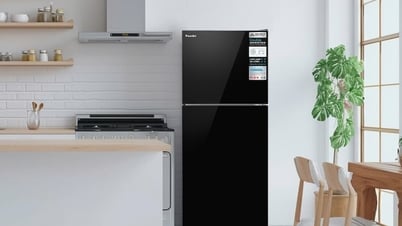














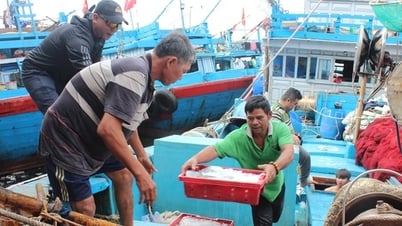







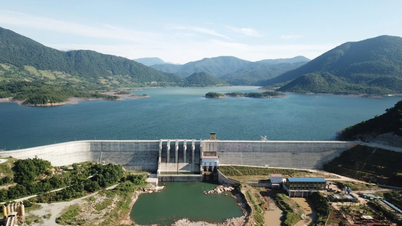








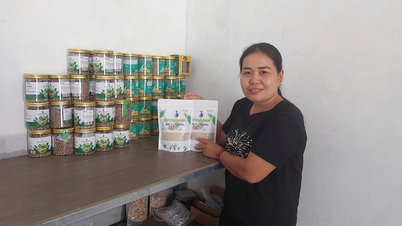










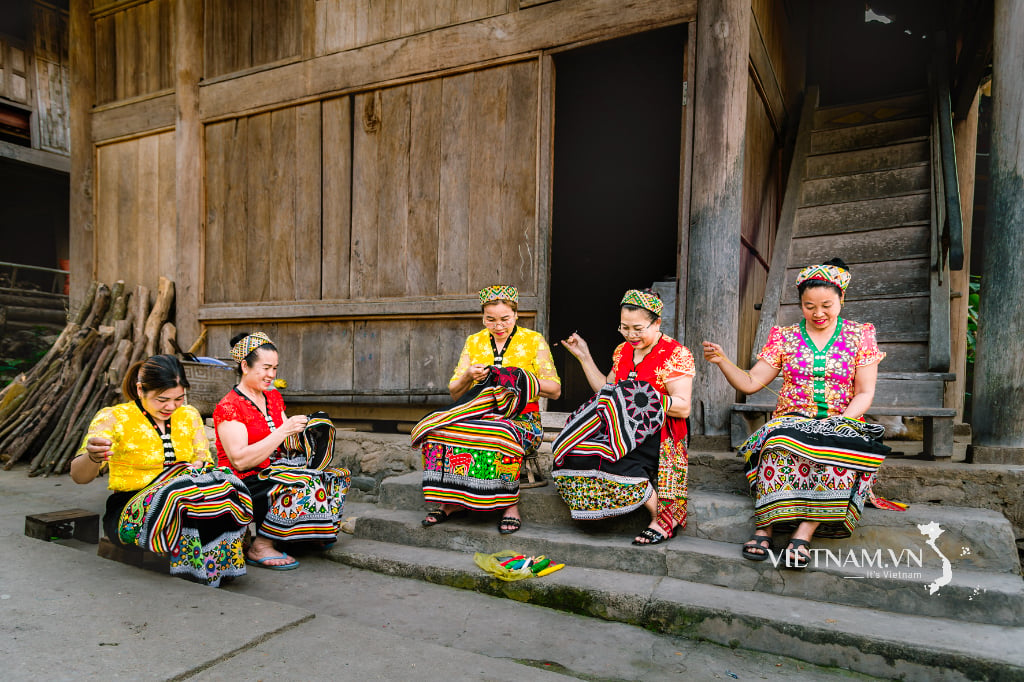

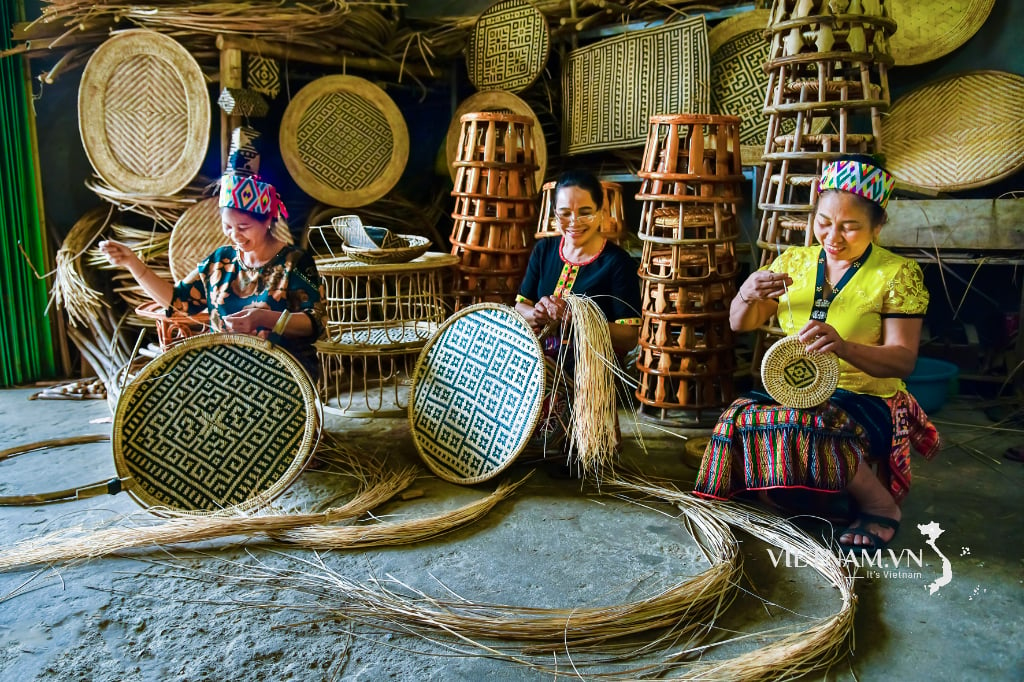

Comment (0)